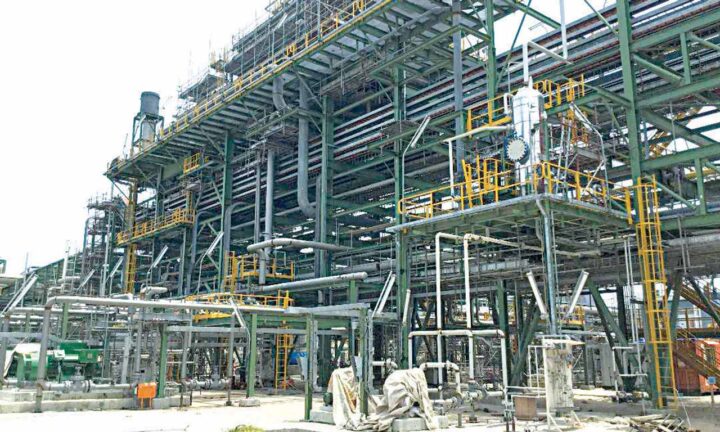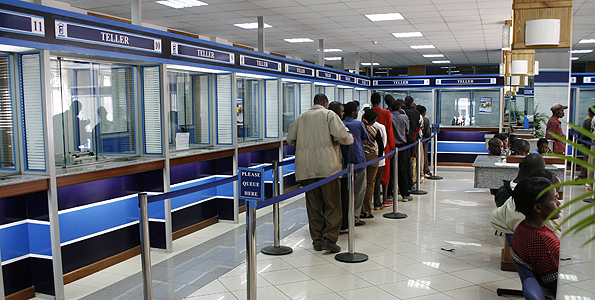Manufactures in Nigeria have asked the Central Bank of Nigeria (CBN) to review policies around the allocation of foreign exchange.
In February 2020, the CBN added milk and dairy products to the list of items not eligible for forex.
The development came months after President Muhammadu Buhari directed the apex bank to restrict forex for food importation saying the directive is to ensure steady improvement in agricultural production and attainment of full food security.
Mansur Ahmed, president of the Manufacturers Association of Nigeria (MAN), said there is need for a review of the policies around forex allocation to gear the economy towards recovery.
Advertisement
He said the lack of adequate forex has hindered manufacturers from purchasing raw materials and entering financial deals with foreign companies.
Ahmed said some manufacturers have to rely on Bureau De Change (BDC) operators which comes at a higher cost.
“The high cost import bill for the productive inputs decreases manufacturing working capital and feeds into manufacturing commodities prices, thereby making the sector less competitive,” he said.
Advertisement
“In addition, COVID-19 rode on the wings of the low international commodity prices, particularly crude oil prices, to trigger the prevailing FX crisis.
“The acute shortage of FX resulting in the erosion in naira parity has been a major operational nightmare to manufacturers in the country.
“In the current survey (Q4 2020 MCCI), most manufacturers reported not being able to adequately source FX for importation of productive raw-materials and machinery that are not available locally.
“Most worrisome is the inability of manufacturers to meet transactional obligations with oversea suppliers as required.
Advertisement
“Moreover, because sourcing FX in the official market has become extremely difficult, operators are daily approaching the Bureau De Change (BDC) segment notwithstanding the high cost implication.
“A favourable exchange, a case of appreciation of the naira, no doubt, would present good omen and improves manufacturing production.”
In her remarks, Toki Mabogunje, president of Lagos Chamber of Commerce and Industry (LCCI), called for a review of the foreign exchange management framework, to expand the scope of market mechanism in the determination of the exchange rate.
“While the Lagos Chamber appreciates efforts of the Central Bank of Nigeria (CBN) in preserving the scarce foreign exchange resources at a time the country is faced with relatively lower oil price and production, we reiterate our position that a disproportionate reliance on demand management strategies is not a sustainable solution to the recurring foreign exchange crisis,” she said.
Advertisement
“In year 2021, we urge the CBN to de-emphasise demand management policies and intensify efforts in improving the supply side of the foreign exchange market.
“We welcome the CBN’s recent policy stating that beneficiaries of Diaspora Remittances should be paid in foreign exchange.
Advertisement
“The policy is a step in the right direction in resolving the liquidity issue in the currency market by ensuring availability of foreign exchange, especially at the retail segment.
“This should be replicated for other sources of inflows such as export proceeds, Foreign Direct Investment [FDIs], and Foreign Portfolio Investments [FPIs].
Advertisement
“Robust remittance inflow is expected to moderate FX pressure and narrow the wide parallel market premium as economic agents would have access to a harmonised rate.”
Advertisement
Add a comment






